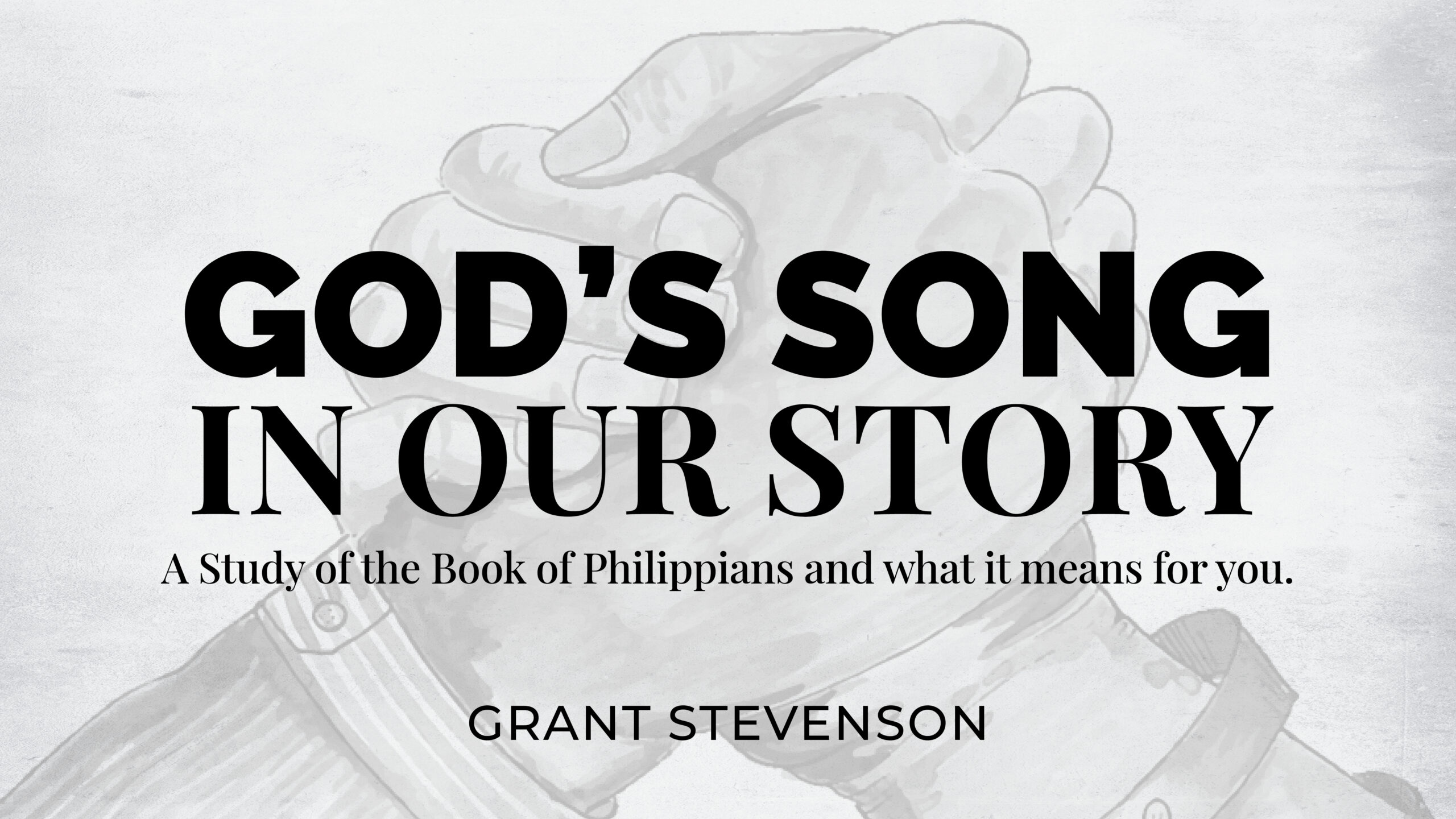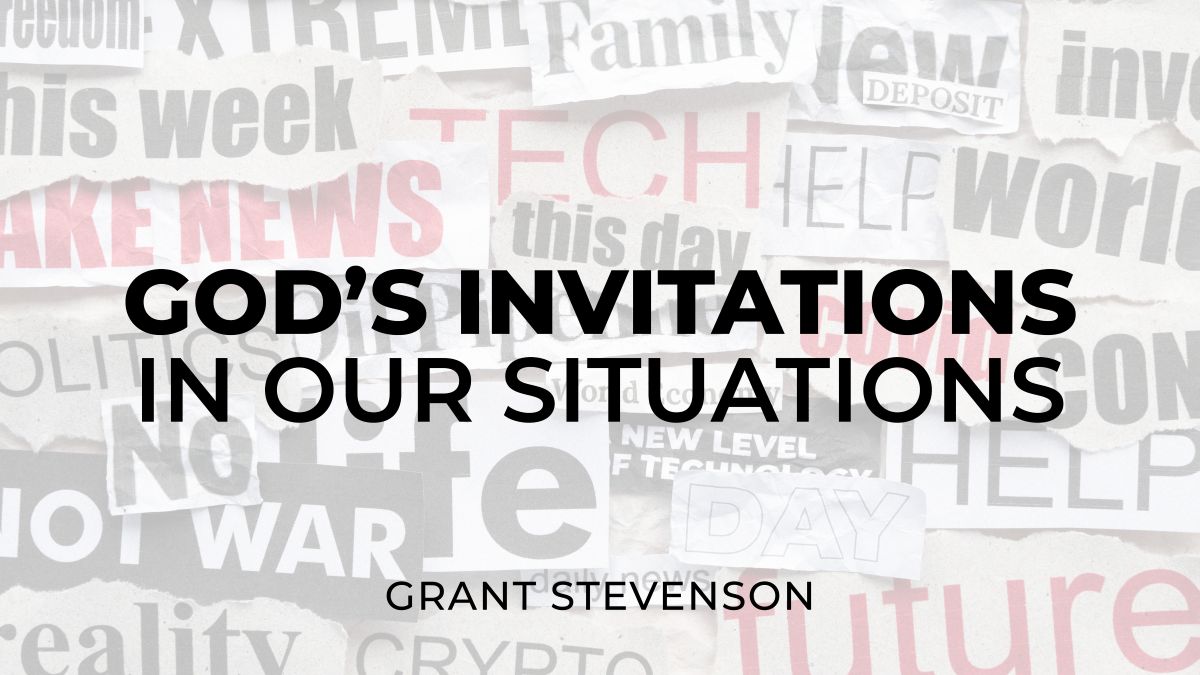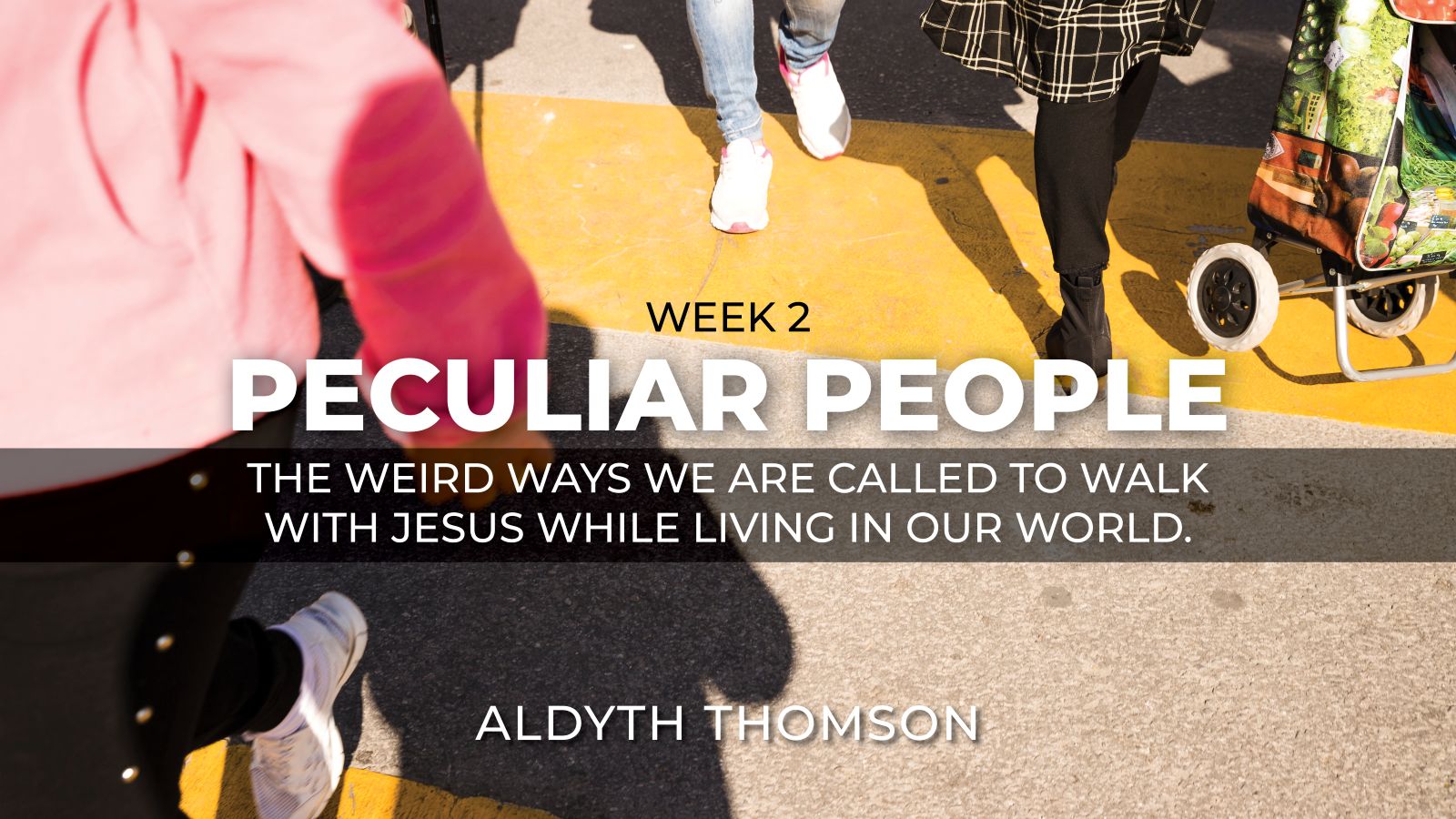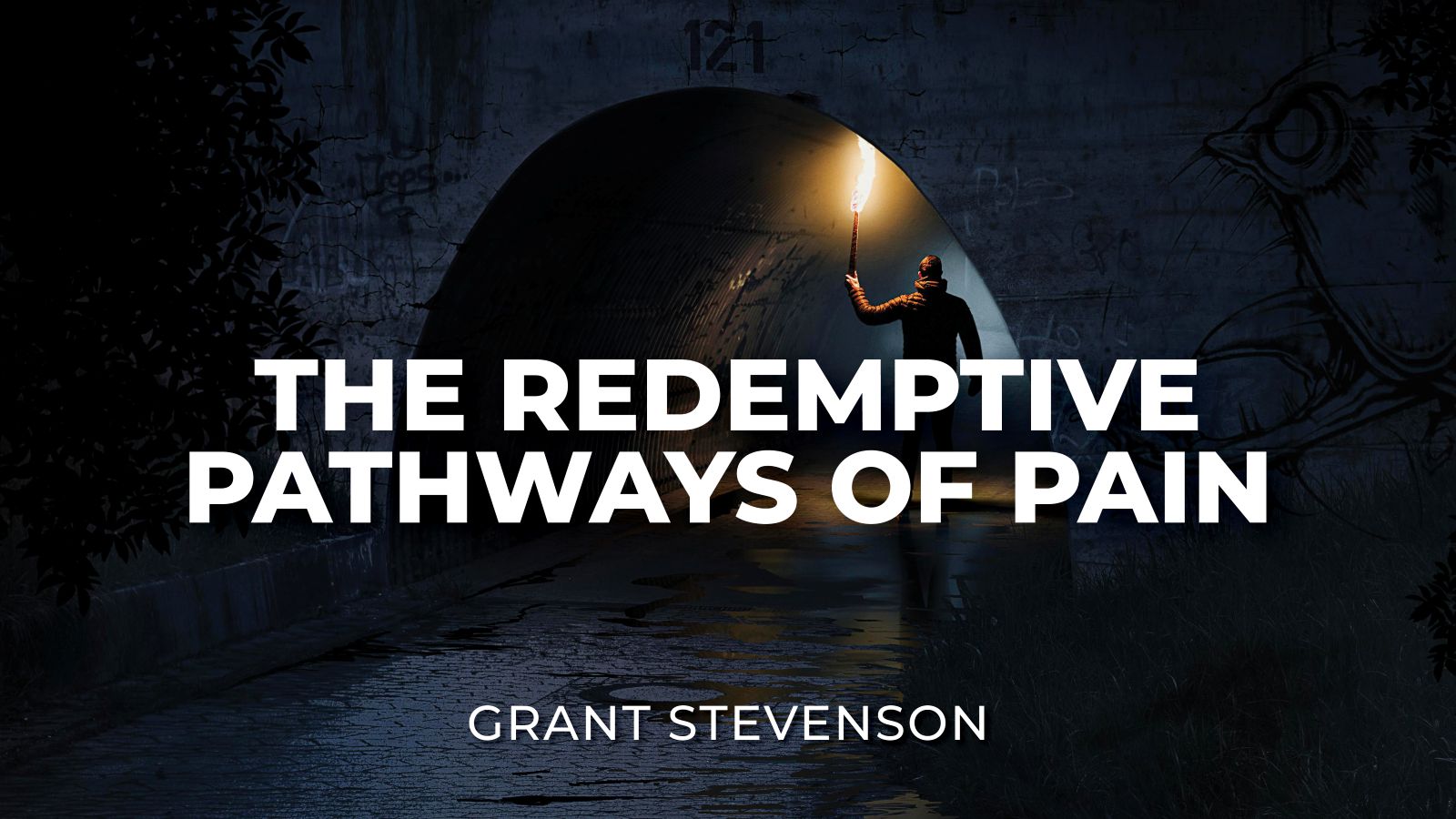The Jesus we claim to follow was made perfect through suffering, yet we often prefer to be made perfect through success.
Birthdays mark our entry into life, but the very act of childbirth offers a profound metaphor for our journey through pain: a sacred collision of agony and promise. It’s a process that stretches us to our limits, bringing fear, loss, and discomfort, yet it also carries the weight of hope, joy, and the dawn of new beginnings. Childbirth is an illustration of death and resurrection, symbolizing how, in Christ, there are redemptive pathways in our pain. Loss and suffering are not the end, but often the very process by which we enter into something new.
Christian psychologist and author Dr. Henry Cloud puts it, “Endings are not only a part of life; they are a requirement for living and thriving, professionally and personally. Being alive requires that we sometimes kill off things in which we were once invested, uproot what we previously nurtured, and tear down what we built for an earlier time.” We constantly wrestle with the pain of endings as we move toward new beginnings. These are often seasons of intense suffering, but they were never meant to be a life sentence.
How many new beginnings may lie on the other side of the painful season you’re experiencing, far beyond what you can currently see.
Let’s look at two remarkable individuals from the pages of Scripture, both of whom wrestled with God in their pain: Jesus and Jacob. Jesus bore the scars of crucifixion, and Jacob walked with a limp after a night of wrestling in the darkness.
Jesus: Scars of Victory
Our Lord, Jesus, entered a season of intense wrestling as he faced the profound pain he was about to endure, alongside the contrasting joy set before him beyond his suffering. After sharing the Last Supper and predicting his betrayal, just hours before his arrest and crucifixion, Jesus went to the Garden of Gethsemane. Matthew 26:39 (NLT) tells us, “He went on a little farther and bowed with his face to the ground, praying, ‘My Father! If it is possible, let this cup of suffering be taken away from me. Yet I want your will to be done, not mine.’”
Jesus’ prayer shows we can hold divine purpose and human pain in tension—not as enemies, but as companions on the journey of transformation. We don’t have to reject God simply because we wrestle with Him in our pain. Instead, we can trust Him through the wrestling, knowing that in the process, He can still guide our lives into purpose and meaning.
After Jesus had wrestled through the crucifixion, we witness his triumphant interactions with others in the victory of resurrection. He appeared to some of his disciples, who were amazed at his rising from the dead. However, not all were present, including Thomas, who declared he wouldn’t believe it unless he saw the evidence for himself – a “sign-based believer.” A week later, Jesus appeared again, and this time Thomas was there. Knowing Thomas had doubted, Jesus didn’t rebuke him or judge his feeble faith. Instead, He lovingly invited Thomas to touch His hands and side, to see for himself the scars from His crucifixion. Overwhelmed, Thomas exclaimed, “My Lord and my God!”
The very process of pain and the wounds that were meant to kill Jesus on the cross were repurposed. They became evidence of His resurrection for someone in doubt. Consider Thomas’s encounter with Jesus in light of 1 Peter 2:24 (NLT): “By his wounds you are healed.” The scars on Jesus’ hands brought healing to Thomas’s heart. In the profound mystery of God, Thomas’s heart was healed as Christ’s scars testified to His past suffering. In the same way, your stories of hope for others may very well be read from the scars of the suffering you had to endure.
Hebrews 2:10 (NLT) : “God, for whom and through whom everything was made, chose to bring many children into glory. And it was only right that he should make Jesus, through his suffering, a perfect leader, fit to bring them into their salvation.” The Jesus we claim to follow was made perfect through suffering, yet we often prefer to be made perfect through success. May these words find an anchor in your hearts: if you’re suffering, don’t reject God; rather, wrestle with Him in trust.
Jacob: A Limp of Blessing
Just as Jesus had scarred hands from suffering, Jacob had to walk with a limp. In the Old Testament, Jacob, the grandson of Abraham, had a twin brother named Esau. Jacob, known for his manipulation and deceit, had used these tactics to control and steal from his brother, leading to a bitter estrangement between them. Eventually, Jacob felt compelled to return and reconcile with Esau. As he journeyed with his family and possessions, nearing Esau’s land, he was uncertain how he would be met. He separated his family, sending them ahead, and Genesis 32:24-32 (NLT) recounts what happened next:
“This left Jacob all alone in the camp, and a man came and wrestled with him until the dawn began to break.”
Author Ronald Dunn, in his book “When Heaven is Silent,” describes this moment: “Suddenly, without warning, a ‘man’ leaps out of the darkness and wrestles Jacob to the ground… He didn’t think that it was God, because he had asked God to save him.”
The passage continues: “When the man saw that he would not win the match, he touched Jacob’s hip and wrenched it out of its socket. Then the man said, ‘Let me go, for the dawn is breaking!’ But Jacob said, ‘I will not let you go unless you bless me.’ ‘What is your name?’ the man asked. He replied, ‘Jacob.’ ‘Your name will no longer be Jacob,’ the man told him. ‘From now on you will be called Israel, because you have fought with God and with men and have won.’ ‘Please tell me your name,’ Jacob said. ‘Why do you want to know my name?’ the man replied. Then he blessed Jacob there. Jacob named the place Peniel (which means ‘face of God’), for he said, ‘I have seen God face to face, yet my life has been spared.’ The sun was rising as Jacob left Peniel, and he was limping because of the injury to his hip.”
Jacob was known for his deception, striving, and fear, but the pain of wrestling with God became the crucible in which his identity was reshaped. Somehow, by wrestling with God in his pain and darkness instead of rejecting Him, Jacob experienced a profound transformation of his identity. In the ancient Near Eastern world, a name was believed to reflect a person’s inner nature, so changing a name symbolized a profound transformation. The name Jacob means “deceiver,” but through his wrestling with God, his name was changed to Israel, meaning “one who wrestles with God.” His identity shifted from a self-reliant deceiver to someone transformed through struggle and now surrendered to God.
This illustrates a powerful truth: the secret of victory is losing the right battle. Wrestling with God through pain, instead of rejecting Him for not removing it from your life, has the potential to reshape who we are in a redemptive way. Jacobs become Israels; servants become saviors.
Jesus didn’t mope in defeat because of the scars telling his story of unfair suffering. Instead, those scars were used for the redemptive purpose of building faith in others. After wrestling with God, Jacob not only received a new name and a blessing, but he also had a limp. Just as Jesus carried scars in his hands as a sign of victory, Jacob walked with a limp in his leg as a sign of blessing. Both experienced new beginnings out of painful seasons of suffering, all while wrestling with God in the process.
So, if you’re in a season like that right now, don’t reject God; wrestle with Him in trust through seasons of suffering. And if you carry scars or a limp from some painful past suffering, don’t resent the scars you carry or the limp with which you walk.
As Ronald Dunn concludes, speaking of Jacob emerging from his night of wrestling with God:
“When Jacob limped away the next morning, he named the place of his dark encounter Peniel—‘It is because I saw God face to face, and yet my life was spared.’ He could have named the spot ‘The Place of Struggle’ or ‘The Place of Pain’ or something similar—and it would have been correct, for so it was. Sometimes we do give our times of wrestling names like that—which, I guess, says a lot about us. We can only call those dark encounters Peniel (‘It is because I saw God face to face, and yet my life was spared’) when we realise that faith is: the wisdom to see treasure in trash, the courage to face things as they are, not as we wish them to be, the boldness to embrace those things and say, ‘I will not let you go unless you bless me,’ making our greatest weakness our greatest strength.”
Reflective Questions:
- How has a past “ending” or painful season in your life ultimately led to a “new beginning” or unexpected growth, even if it wasn’t immediately apparent at the time?
- In what ways have you experienced wrestling with God during a time of suffering? What does “wrestling with God in trust” look like for you in your current circumstances?
- Consider the scars or “limps” you carry from past pain. How might God be inviting you to view these marks not as symbols of defeat, but as evidence of His redemptive work or even as a source of hope for others?
- Jesus was “made perfect through suffering,” and Jacob’s identity was reshaped through struggle. What aspects of your character or faith do you believe God is seeking to refine or transform through your current challenges?
- What is one practical step you can take this week to lean into trust and wrestle with God, rather than rejecting Him, in the midst of any pain or uncertainty you are facing?
Closing Prayer:
Heavenly Father, we come before You with open hearts, acknowledging the reality of pain and suffering in our lives. We confess that at times, we are tempted to reject You when faced with hardship, questioning Your presence and purpose. Forgive us for our doubts and our desire for perfection through ease. We thank You for the profound examples of Jesus and Jacob, who show us that wrestling with You in our pain is not a sign of weakness, but a pathway to deeper faith and transformation.
Lord, help us to embrace the redemptive pathways in our suffering. When we carry scars, may they become testimonies of Your healing power. When we walk with a limp, may it be a sign of Your blessing and the reshaping of our identity. Grant us the wisdom to see treasure in our trials, the courage to face things as they are, and the boldness to hold onto You, saying, “I will not let You go unless You bless me.” May our greatest weaknesses become our greatest strengths in Your hands. Guide us into the new beginnings You have prepared, even when we cannot yet see them. We trust in Your unfailing love and Your perfect plan. Amen.
Watch the sermon on YouTube




